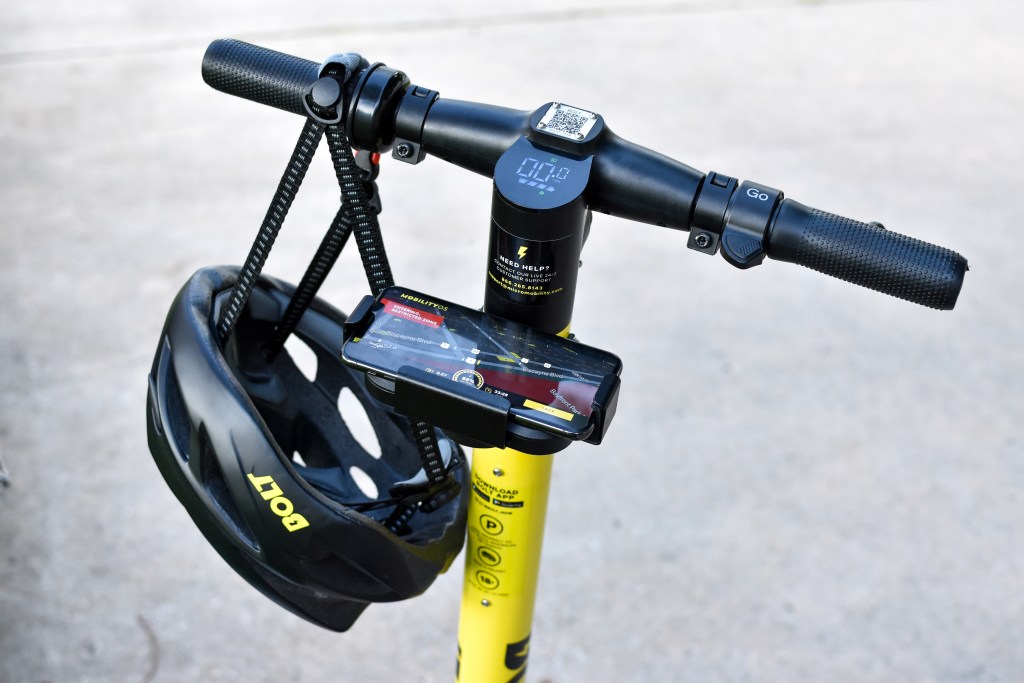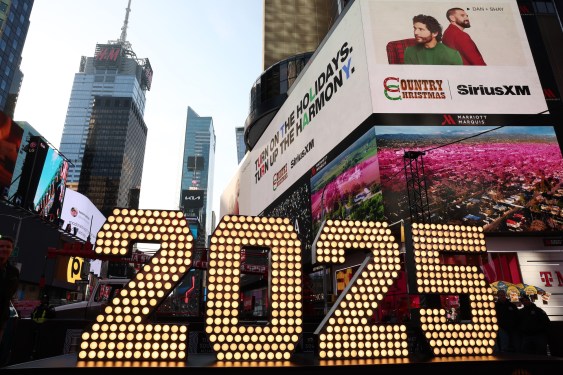With the apparent demise of Bolt Mobility, the divide between technology businesses and those that are merely tech-enabled is back at the forefront of our minds. Once a key point of discussion when the IPO market was alive, today we’re sifting through what is left of the micromobility sector, now freshly depopulated to a new local maximum.
Not every great product makes for a good business. Renting fashion? Great idea, lovely product, fun service. But as Rent the Runway has demonstrated during its life as a public company, making something that people want is not always enough to cement long-term value.
Since going public, Rent the Runway has shed more than 80% of its worth, measured from its 52-week peak to where it trades today.
Put simply, the business quality of an idea and its consumer fit often do not align. And perhaps no sector better showcases this particular facet of the business world than micromobility. (That the fashion rental and micromobility businesses sport related depreciation issues is not a coincidence.)
Venture-backed darlings Lime and Bird fomented a boom of micromobility expansion and innovation, buying up electric bikes, scooters, and at one point even cars that they intended to rent in short increments to regular folks. Issues with regulation aside, the model found strong consumer resonance; after all, who doesn’t want to zip about a city on a device that they did not pay for in full, do not manage, don’t have to charge and could unlock with their phones?
Later we learned that the economics of such businesses were lackluster at best, but the lesson came after billions of dollars of venture capital were gifted to the space as investors fought each other’s FOMO. Result? Deals lost value and companies struggled to raise more cash, in some cases imploding.
There was another micromobility casualty today: Bolt Mobility appears to be no more, though it’s unlikely to be the final nail in the coffin of the scooter boom. So long as Bird is still public, the sector can claim at least one success of sorts. But with yet another micromobility breakdown, the tally sheet looks decidedly one-sided.
What happened? A great consumer offering never converted to solid business mechanics. Let’s talk about it.
Bolt Mobility’s apparent demise
Bolt went quietly into the night. Per TechCrunch reporting, the company appears to have shuffled off this mortal coil with nary a death rattle; not that we expect cadavers to talk, but moribund startups usually make some noise.
“They’ve vanished, leaving equipment behind and emails and calls unanswered,” Bryan Davis, senior transportation planner in Vermont’s Chittenden County, told TechCrunch’s Rebecca Bellan. “We’re unable to reach anyone, but it seems they’ve closed shop in other markets as well.”
Officials from other U.S. cities reported similar occurrences, and Bellan’s attempts to reach Bolt employees and investors were unsuccessful. (One spokesperson, though, told Bellan that Bolt operations were running normally — in St. Augustine, Florida.) From where we sit, it sounds like the company ran out of cash, or it is simply ducking responsibility for its hardware. Bolt left equipment out in the wild, instead of collecting and disposing of it properly or trying to sell it.
In healthier times, Bolt had raised more than $40 million during its life as a private company and purchased the assets of Last Mile following its demise in 2021.
What went wrong? Time, perhaps. Bolt’s last known funding event of any import was back in March 2020, when it raised a $30 million Series A. You know what also happened in March 2020. As the world shuttered, so too did the demand for any and all means of transportation (Uber and Lyft took blows during the period). The world may be picking up where it left off, but in a capital-intensive business like e-scooters and e-bikes, Bolt’s funding wasn’t much even before it had to endure COVID-19.
We should not be shocked that Bolt folded. Other, better-capitalized companies are also facing headwinds.
Lime, one of the two leading U.S. e-scooter players, raised a $523 million round of capital last year — a mix of convertible debt and senior debt — to tide it over to an IPO that was poised to take place this year.
However, with the IPO market more closed than the Blockbuster in your hometown, it’s unlikely that Lime is about to list.
Bird, the Pepsi to Lime’s Coke, did manage to float via a SPAC. But the financial results it detailed during that process laid bare just how tough the mobility business is from the perspective of an owner/operator. In its fiscal 2018 and through much of its fiscal 2019, Bird’s gross economics were sharply negative.
When the cost of vehicle depreciation was factored into its business (until Bird swapped to a model when it was offering its hardware to independent fleet operators) it was hugely gross-margin-negative. So, its cash was going into not only operations but funding a huge fleet of gear. Gear that it had to design, manufacture, ship and market in an effort to make its money back. It never quite worked.
Recall that at the time Bird and Lime were raising dueling funding funds at staggering prices. Bird went from a $15 million Series A in later 2017 to a $100 million Series B in March 2018. A $158 million Series C came that June, and in October 2019, Bird added another $275 million per Crunchbase data.
Now, Bird would protest and say that its new model of outsourcing fleet management to others is more financially feasible than its original business. Correct, but only to a degree. Yes, Bird is now gross-margin-positive, but at 9% in its most recent quarter, the company is hardly ripping cash from its revenues. Also its most recent quarter, Bird converted $38.0 million worth of revenues into an operating loss of $96.8 million; even if you prefer adjusted EBITDA, Bird was $36.8 million in the red during Q1 2022, or nearly 100% of its top line.
With Lime stuck between the private and public markets despite hundreds of millions in capital raised and Bird at risk of delisting despite its own record of epic fundraises, is it that much of a shock that Bolt — with a far smaller capital base — did not make it?
Instead of launching a fleet of winning startups, the effort to create and distribute a bunch of IRL mobility hardware that consumers could rent on the cheap — or not so on the cheap — merely created a bunch of outright failures and struggling entities.
The boom in U.S. and European scooter companies was not the first cycle of its type. China had a similar boom and bust in bike-sharing, another effort that consumed mountains of capital only to leave the world with rather a lot of two-wheeled litter.
At its core, the micromobility game is a tech-enabled business. It’s not tech per se, in that it was not able to create an efficiency that it could monetize on a high-margin basis. Like, say, software. Instead, the businesses were good at scaling early revenue to investor delight, but rather poor, in aggregate, at converting that early demand into enough gross profit to cover their expenses.
Au revoir, Bolt, we barely knew ye. Who’s next?






